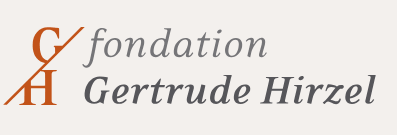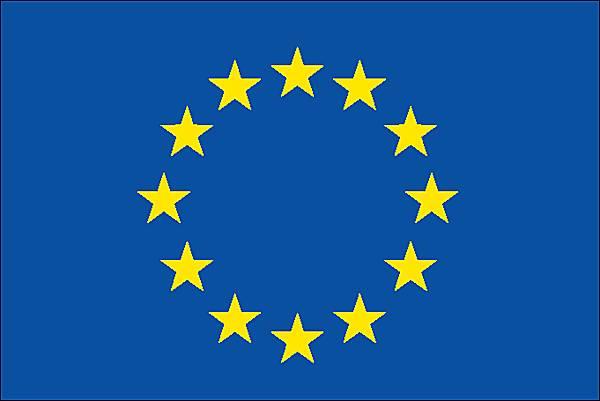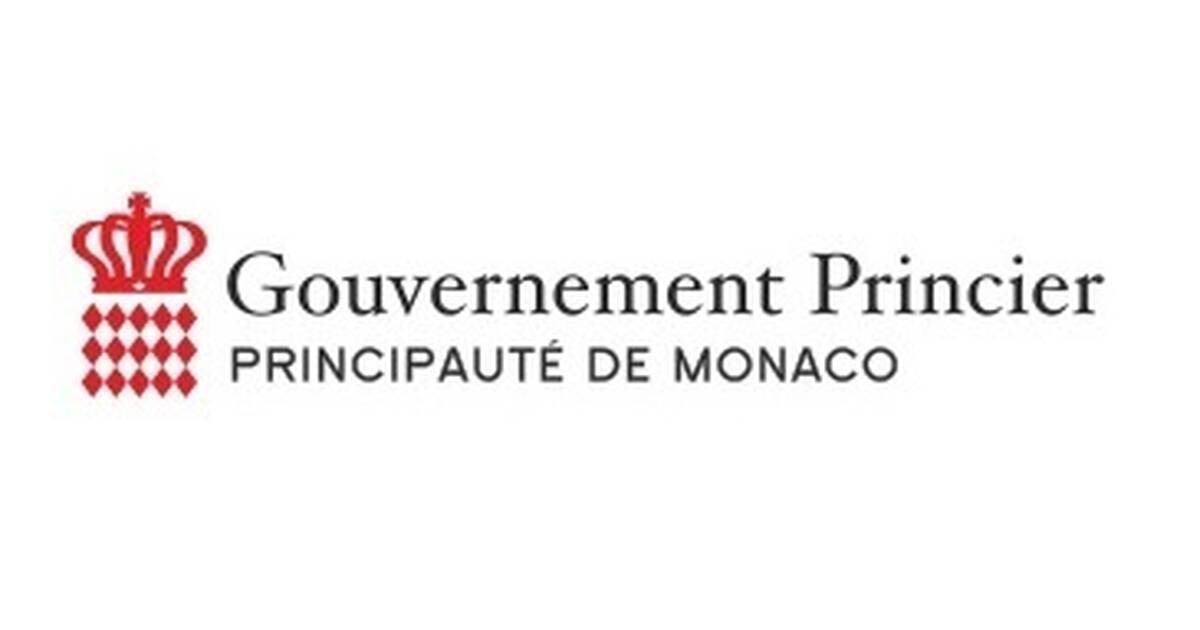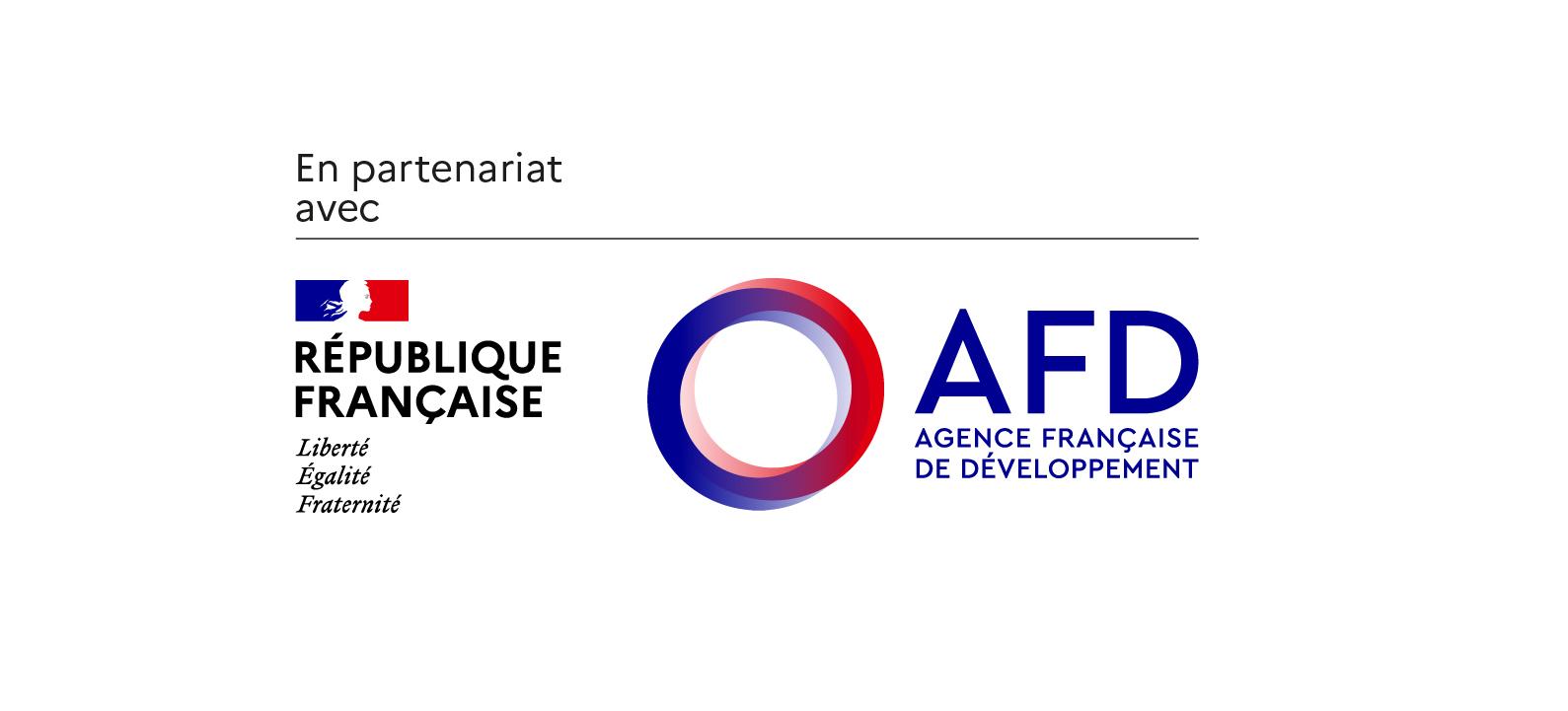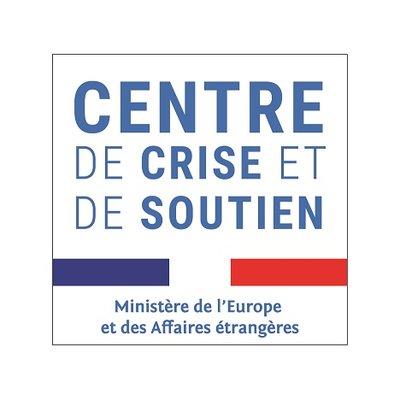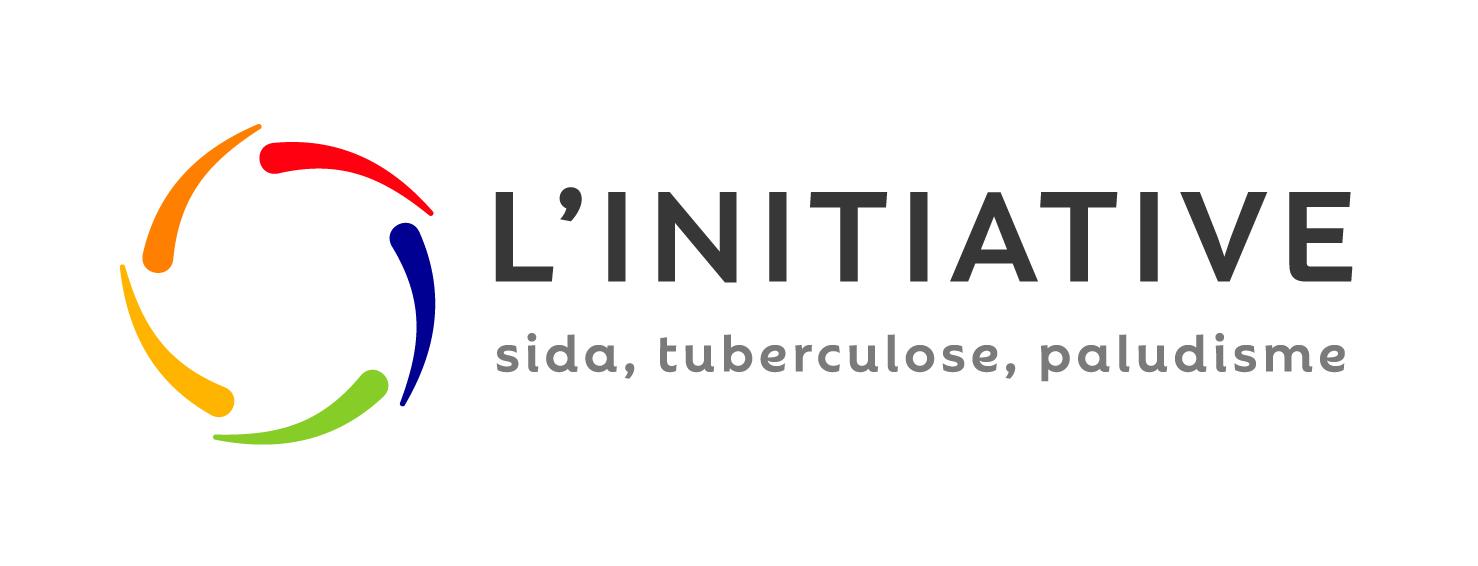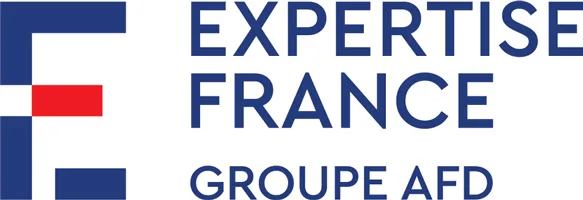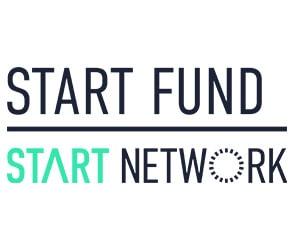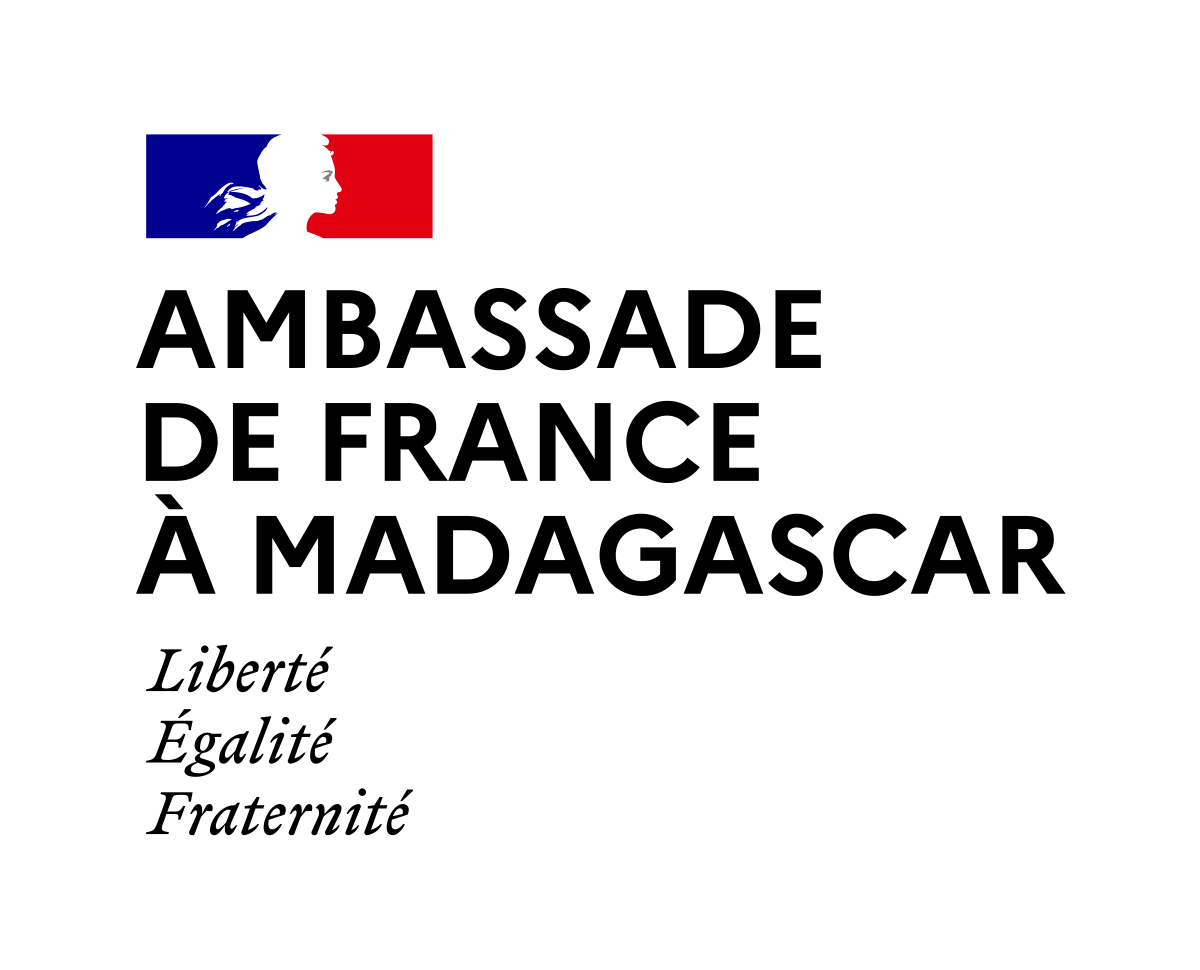of births take place in a healthcare facility
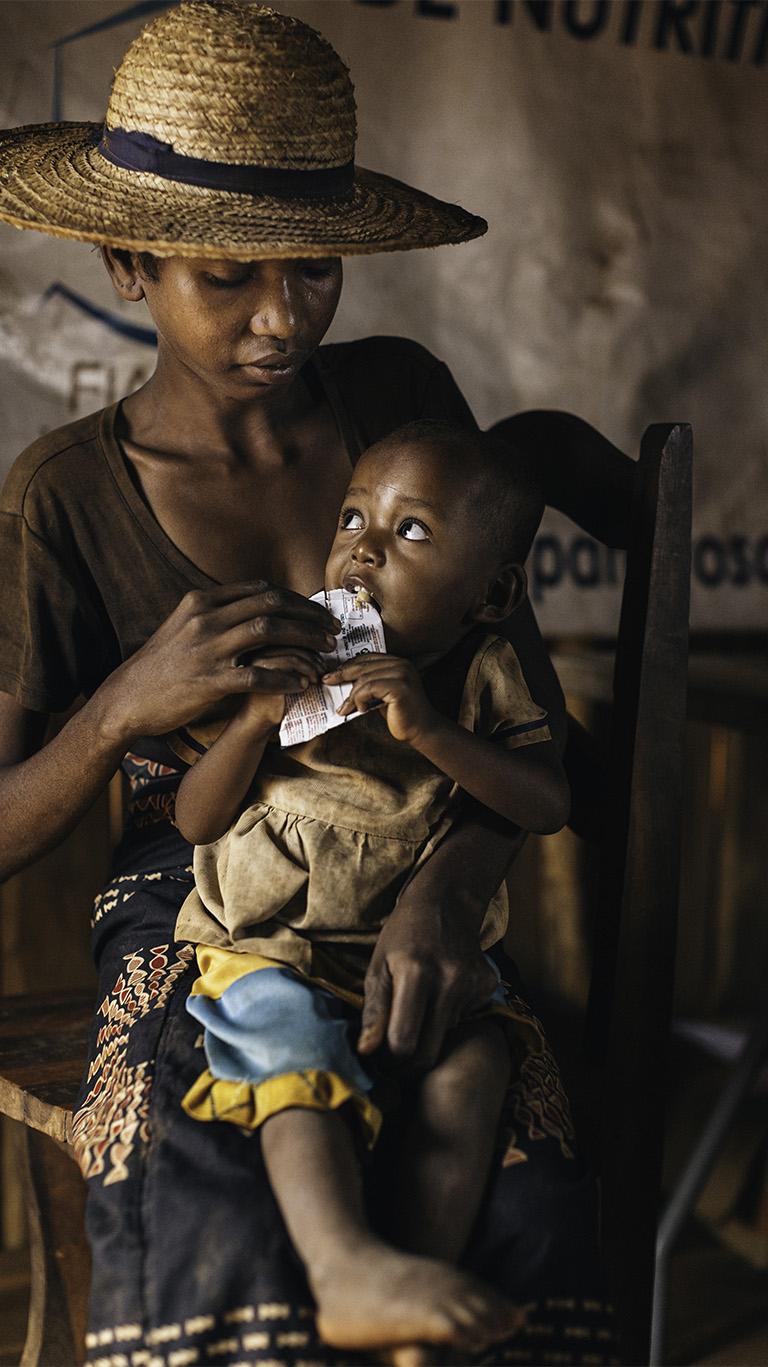
Madagascar
© Sebastien Duijndam
Médecins du Monde’s emergency response includes a range of humanitarian assistance programmes. Find out more below about our work and missions in Madagascar.
THE HUMANITARIAN SITUATION IN MADAGASCAR
Madagascar faces numerous challenges, in particular with access to drinking water, malnutrition, food insecurity and public health crises. Between economic instability and its vulnerability to ever more intense droughts, cyclones and flooding, the country is increasingly experiencing humanitarian crises, while the fragile healthcare system and difficult living conditions mean people lack access to good quality care.
OUR HUMANITARIAN ASSISTANCE IN MADAGASCAR
Médecins du Monde’s work in Madagascar takes various forms, including emergency responses to the health and nutritional crisis, a paediatric surgery programme, improving sexual and reproductive health services and harm reduction for sex workers.
Opération Sourire : l'histoire de Brice-Lane
-
1986Médecins du Monde’s first intervention in Madagascar.
-
1993Programme to tackle STIs started in Antananarivo.
-
1995Paediatric cardiac surgery programme started in Antananarivo.
-
2004Launch of Opération Sourire in Madagascar.
-
2005Programme to support detainees in prisons in Madagascar.
-
2005Programme of abdominal surgery in Antananarivo.











